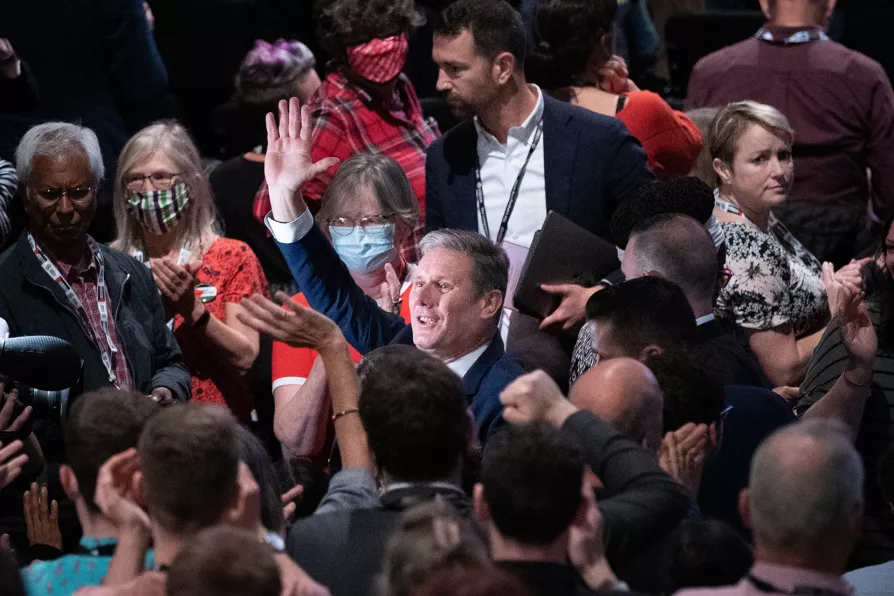Israel’s recognition of Somaliland has little to do with self-determination and far more to do with strategy, offering Israel a potential military foothold near Yemen, says JE ROSENBERG

 Keir Starmer waves at Labour conference in Brighton earlier this week
Keir Starmer waves at Labour conference in Brighton earlier this week
“IT’S not coming up on the doorstep” is one of those politicians’ lines that tells us that they would rather be struck by lightning than be asked that question.
In my experience it antagonises the audience twice. First, most people know that most MPs are on their doorstep only at election time. The most common refrain on the actual doorstep is “Oh, so you’ve turned up — must be an election on?”
Second, most people do not like being told by supposedly important talking heads what their true concerns are or what they are allowed to say about them.

In the run-up to the Communist Party congress in November ROB GRIFFITHS outlines a few ideas regarding its participation in the elections of May 2026

As Starmer flies to Albania seeking deportation camps while praising Giorgia Meloni, KEVIN OVENDEN warns that without massive campaigns rejecting this new overt government xenophobia, Britain faces a soaring hard right and emboldened fascist thugs on the streets












